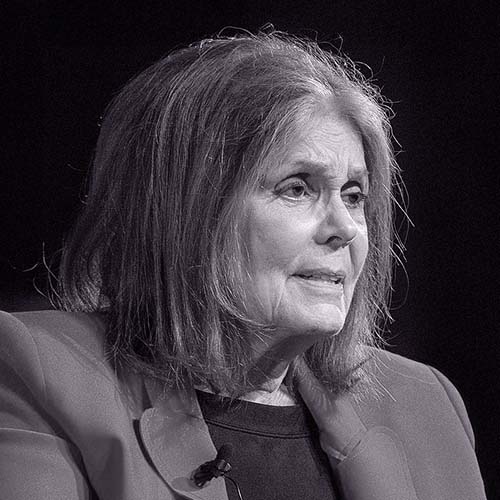Harassment in the Workplace
Harassment takes many forms, such as verbal, physical, sexual and psychological. It remains a reality in many workplaces in ways that are often subtle, unspoken or easily overlooked.
Harassment isn’t always loud or explicit – it’s often part of everyday interactions. For example, unwanted messages, intrusive questions, jokes with sexual undertones, repeated comments about appearance or clothing, or physical proximity that feels uncomfortable.
Such behaviour isn’t always intended to cause harm, but its impact matters. What defines harassment isn’t intent, but the effect on the person experiencing it.
In any organisation, it’s important to recognise harmful behaviour. The employer has a responsibility to create a safe environment. The workplace should have clear policies and procedures to deal with harassment.
Support & Training
We provide training and guidance in policy and procedure, learning and development, leadership practice, and workplace equity.
Our focus is on making procedures that are accessible, fair, consistent and respectful. We offer a practical approach informed by how organisations work.
Preventing workplace harassment
How much do you know? Try answering these questons
If a person is joking about sex and does not have the intention to harm or cause distress, this is not sexual harassment. True or false?
False
Even if it’s meant as a joke, it can still be harassment if it makes someone uncomfortable. What matters is how it’s received, not just what was intended.
If a person does not object to inappropriate behaviour at the time it occurred and/or delays reporting it, this suggests the behaviour was not unwelcome. True or false?
False
People often laugh to stay safe. Don’t confuse nervous compliance with genuine consent. Unwelcome behaviour, even if disguised as “banter,” can still be harassment.
Making the workplace menstruation-friendly
A period friendly workplace supports the health and dignity of employees. Simple steps make a big difference, such as providing free period products, flexible breaks and clean, private restrooms. Encouraging open dialogue helps reduce stigma and promotes employee well-being.
We offer customised training designed to help organisations better understand menstrual and menopausal health and their impact on employees’ working life and career progression.
Our sessions are grounded in proven research that supportive environments improve employee morale and productivity.

The raintree responds to the weather, folding its leaves in the rain, and opening them in the sunshine.
Similarly, we respond to our clients, providing training and support attuned to their particular needs.
Reflections
Are You Doing Enough to Prevent Sexual Harassment at Work?
In October 2024, a new legal duty came into effect requiring employers in Great Britain to take reasonable steps to prevent sexual harassment. This is a good time to reflect on the changes that have been made, their effectiveness and what still needs attention.
Naming, Blaming but Not Claiming
The prevalence of workplace sexual harassment has “never been much of a secret”. #MeToo drew renewed attention to the occurrence of sexual harassment in the workplace and mitigated some of the shame and stigma around sexual harassment. #MeToo, however, significantly failed to acknowledge the distinct and particular forms of sexual abuse that Black women faced in the workplace.
FCA expands bullying and harassment rules
The Financial Conduct Authority has announced a substantial extension of its rules on non-financial misconduct, bringing more than 37,000 firms including asset managers, insurers, and hedge funds within scope from 1 September 2026. For the first time, organisations governed by the Senior Managers and Certification Regime will be required to report serious instances of bullying, harassment, racism, and related misconduct by senior staff.
Who We Are

Neemah Ahamed
Neemah Ahamed holds a PhD in Law and her research explores workplace sexual harassment, access to justice, power, and identity. While she no longer practices as a solicitor, she has over a decade of experience across England and Wales, and in Kenya, where she ran her own firm. Her professional background includes a focus on employment law, discrimination law, and dispute resolution.
Farah Ahamed
Farah Ahamed is a former human rights lawyer. She has experience in human resource management and organisational development in the NGO sector in Kenya Uganda and Tanzania. She is the editor of Period Matters Menstruation in South Asia, an anthology on the diversity of experiences of menstruation and menopause. Farah runs workshops on how to make the workplace period friendly.






About Us
Raintree Works supports organisations to build inclusive, transparent workplace cultures.
Through training and guidance, we help strengthen policies and everyday practices so employees can work with greater clarity, trust and confidence.
Our work focuses on the promotion of respectful workplace practices, with a practical approach informed by how organisations work.
